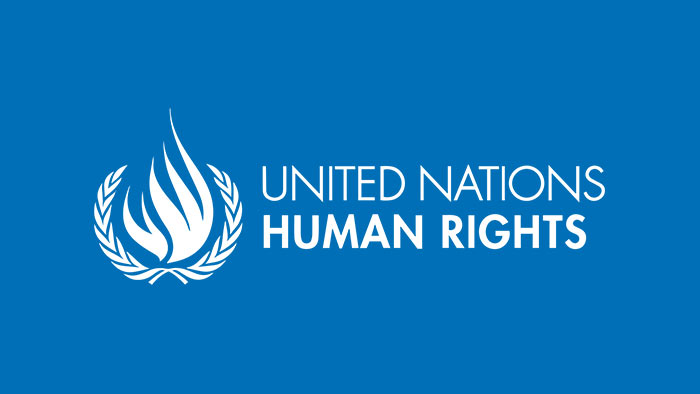UNHRC to address Sri Lanka’s Human Rights concerns and accountability

The 57th session of the United Nations Human Rights Council will start on Monday (September 9), in Geneva.
A key topic will be a report on Sri Lanka by the Office of the High Commissioner for Human Rights (OHCHR), scheduled for discussion on the opening day.
The report urges Sri Lanka’s creditors to give the government the financial space it needs to fulfill economic, social, and cultural rights. UN Human Rights Chief Volker Türk highlighted the need for economic policies to align with Sri Lanka’s international human rights obligations.
He pointed out that the ongoing effects of the 2022 economic crisis and austerity measures have hit the poor, especially women, the hardest.
The report also identifies new threats to fundamental freedoms in Sri Lanka, citing regressive laws, weakened democratic checks and balances, and ongoing threats to civil society and journalists. Türk stressed the importance of the upcoming presidential and parliamentary elections as a chance for Sri Lanka to commit to needed changes, including accountability and reconciliation.
Several laws introduced since 2023 give security forces wide powers and limit freedoms of expression, opinion, and association, a worrying trend during the pre-election period. Despite a promised moratorium, the authorities continue to use the Prevention of Terrorism Act for arrests and detentions, with recent cases of arbitrary arrests, torture, and deaths in custody highlighted in the report.
Impunity for crimes committed during and after the civil war, which ended in 2009, remains a serious issue. Türk called on the newly elected government to address the root causes of conflict and carry out necessary reforms for accountability and reconciliation.
The report also describes ongoing intimidation and harassment of journalists and civil society members, especially those working on enforced disappearances, land disputes, and environmental issues. Families of the forcibly disappeared face intimidation, arrest, and surveillance by security services as they seek the truth or remember their loved ones.
Türk emphasized that crimes committed during and after the civil war, including the 2019 Easter Sunday bombings, must not go unpunished, calling for thorough investigations and accountability.
The report urges the international community to support accountability in Sri Lanka if the state is unwilling or unable to do so, including through extraterritorial and universal jurisdiction, targeted sanctions, and other measures in line with international law.

Latest Headlines in Sri Lanka
- NPP MP Kosala Nuwan Jayaweera passes away April 6, 2025
- Harsha delighted as his agri project comes to life in Dambulla April 6, 2025
- Sri Lanka, India launch upgraded rail line and new signalling system April 6, 2025
- Sri Lanka and India launch three key development projects to boost energy and agriculture April 6, 2025
- Bar Association calls for immediate investigation into youth’s death in Police custody April 6, 2025


